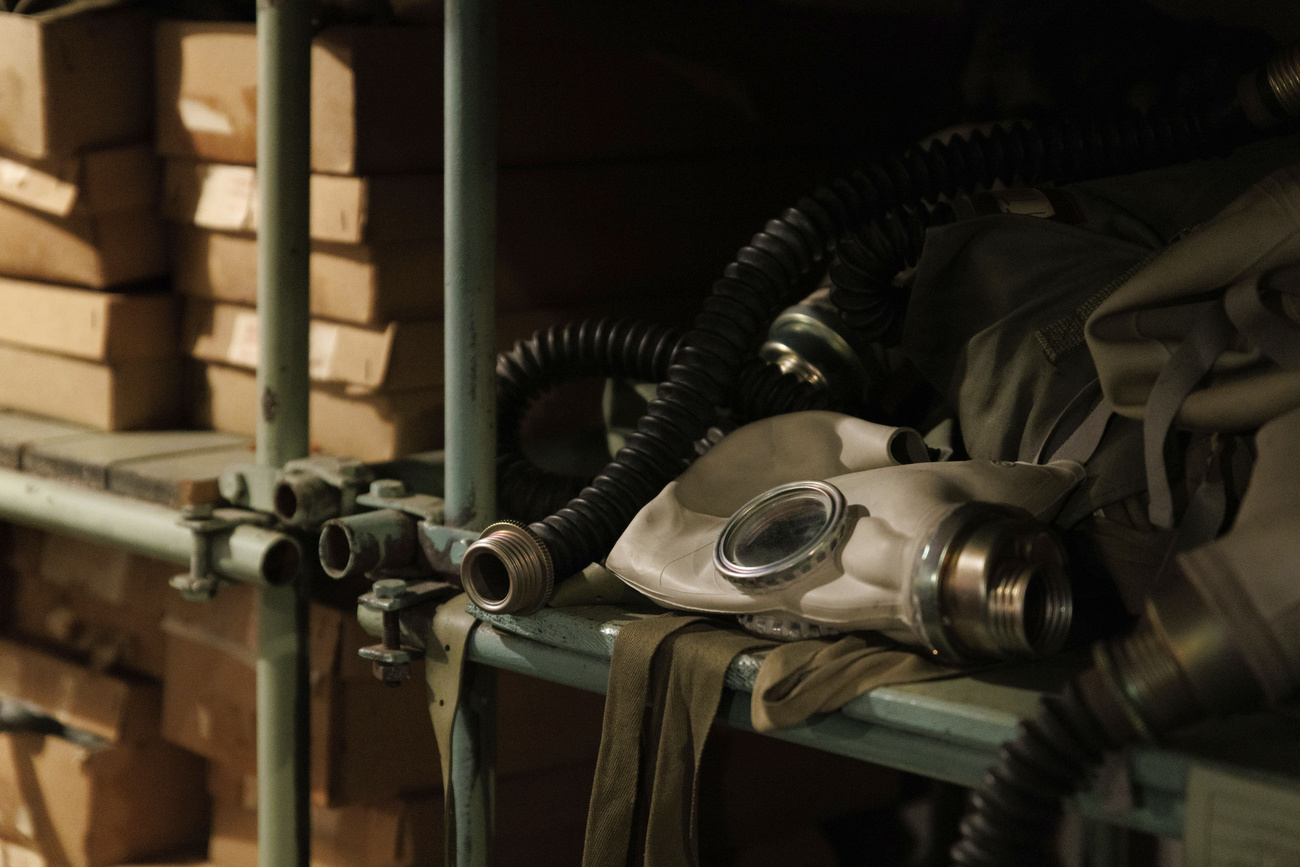
Survey says Swiss lack knowledge about iodine tablets

The Swiss population does not know enough about the availability and usage of iodine tablets, according to the Swiss Energy Foundation (SES).
A survey of over 8,000 people living in an iodine tablet distribution area – within 50 kilometres of a nuclear plant – found that almost a quarter did not know where to find their pills.
In addition, almost three-quarters ticked the wrong answer to the question of whether children can take the pills in an emergency. In reality, the pills are particularly important for young children, the SES said on Friday.
The situation is different for those over 45, it said. However, only 7.5% of respondents knew that the Federal Office of Public Health (FOPH) recommends this age group should contact their doctor before taking the pills.
The SES thus wants authorities to provide the population with more comprehensive information on iodine tablets. This could happen in autumn 2023, when new tablets will be distributed to the population, the group said.

More
How Switzerland is preparing for nuclear escalation
Enough for everyone
In Switzerland, iodine tablets are sent every 10 years to households, businesses, and schools within 50 kilometres of one of the country’s four nuclear plants. The last distribution was in 2014, to 4.9 million residents.
For those outside the 50-kilometre perimeter, the 26 cantons are responsible for stocking tablets and distributing them within 12 hours of an emergency – i.e. a nuclear accident in Switzerland or a neighbouring country.
When taken in time, the tablets protect the thyroid gland against the absorption of radioactive iodine, the FOPH writesExternal link (in French, German, or Italian). However, they do not protect against further effects of a nuclear accident, and are only prescribed in combination with other measures, such as “staying indoors”.
The SES is a non-profit organisation based in Zurich. It advocates a Swiss climate and energy policy which would use a supply based entirely on domestic renewable energy, it writes on its website.

In compliance with the JTI standards
More: SWI swissinfo.ch certified by the Journalism Trust Initiative




























You can find an overview of ongoing debates with our journalists here . Please join us!
If you want to start a conversation about a topic raised in this article or want to report factual errors, email us at english@swissinfo.ch.